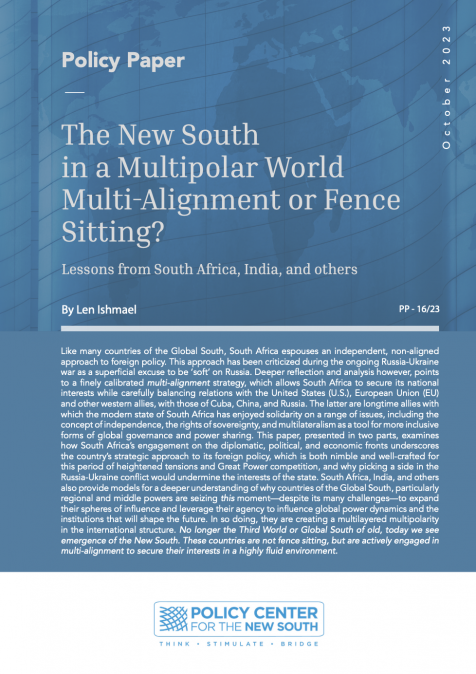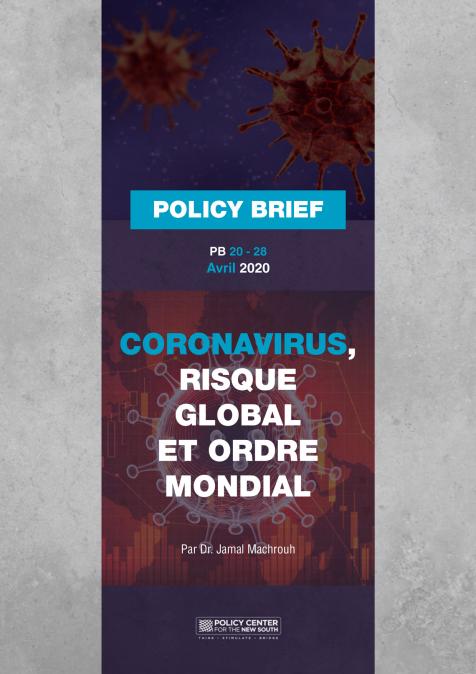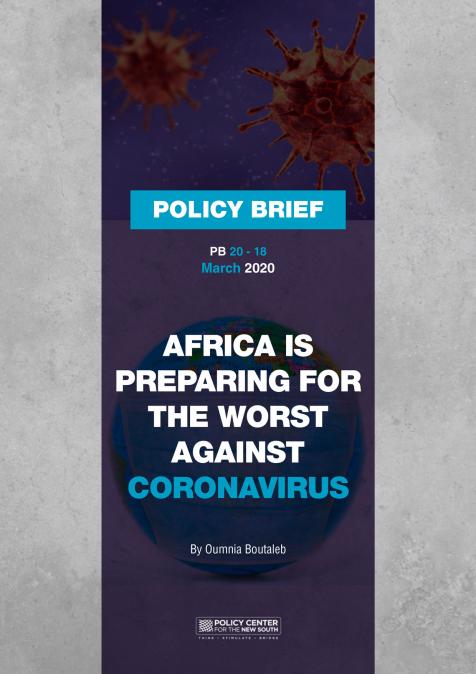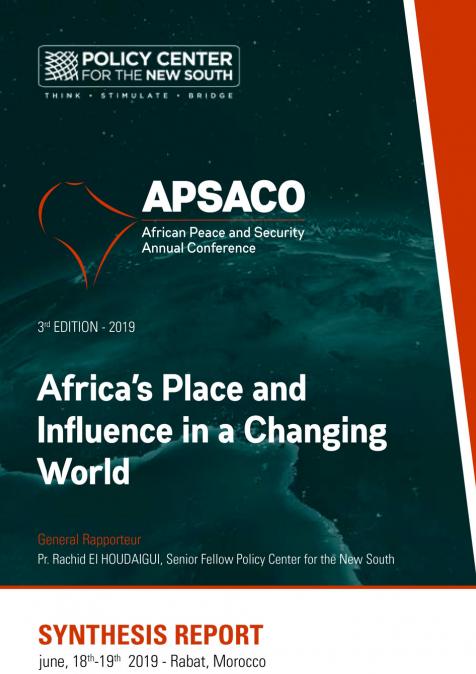Publications /
Policy Paper
Like many countries of the Global South, South Africa espouses an independent, non-aligned approach to foreign policy. This approach has been criticized during the ongoing Russia-Ukraine war as a superficial excuse to be ‘soft’ on Russia. Deeper reflection and analysis however, points to a finely calibrated multi-alignment strategy, which allows South Africa to secure its national interests while carefully balancing relations with the United States (U.S.), European Union (EU) and other western allies, with those of Cuba, China, and Russia. The latter are longtime allies with which the modern state of South Africa has enjoyed solidarity on a range of issues, including the concept of independence, the rights of sovereignty, and multilateralism as a tool for more inclusive forms of global governance and power sharing. This paper, presented in two parts, examines how South Africa’s engagement on the diplomatic, political, and economic fronts underscores the country’s strategic approach to its foreign policy, which is both nimble and well-crafted for this period of heightened tensions and Great Power competition, and why picking a side in the Russia-Ukraine conflict would undermine the interests of the state. South Africa, India, and others also provide models for a deeper understanding of why countries of the Global South, particularly regional and middle powers are seizing this moment—despite its many challenges—to expand their spheres of influence and leverage their agency to influence global power dynamics and the institutions that will shape the future. In so doing, they are creating a multilayered multipolarity in the international structure. No longer the Third World or Global South of old, today we see emergence of the New South. These countries are not fence sitting, but are actively engaged in multi-alignment to secure their interests in a highly fluid environment.









